Kittens, with their boundless energy and adorable antics, often bewitch us with their charm. However, understanding their behavior is crucial for providing them with appropriate care and nurturing a healthy bond. From socialization to feeding habits, each aspect of kitten behavior offers insights into their needs and preferences.
1. Socialization and Interaction
Socialization plays a pivotal role in shaping a kitten’s personality and demeanor. Interaction with humans and other animals during their formative weeks fosters confidence and adaptability. Proper bonding establishes trust and companionship, laying the foundation for a fulfilling relationship.

2. Communication and Vocalization
Kittens communicate through various means, including vocalization, body language, and tactile signals. Understanding their communication cues aids in responding to their needs effectively. From playful chirps to plaintive meows, each sound conveys a distinct message.
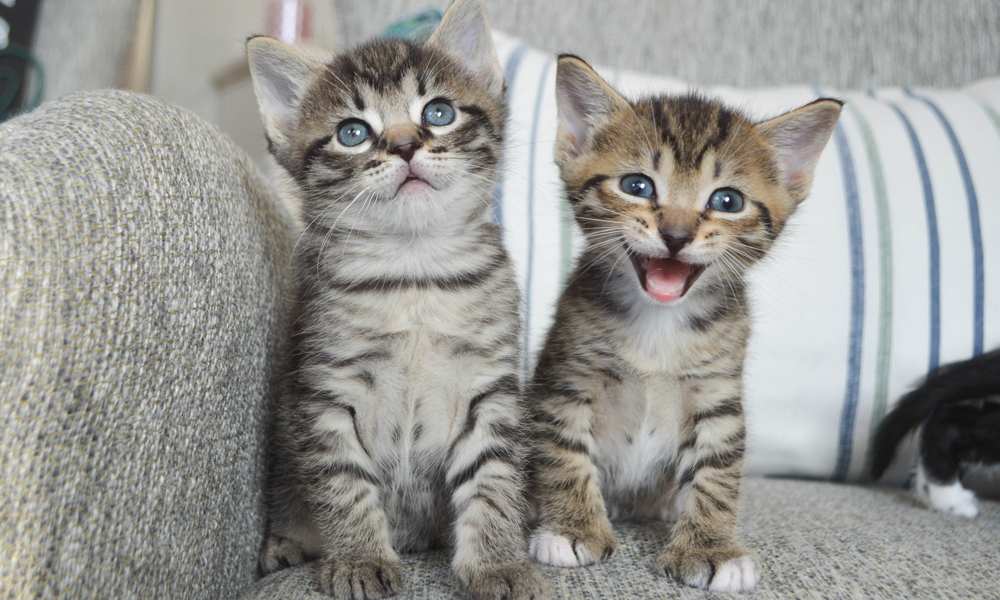
3. Playfulness and Exploration
Play is essential for a kitten’s physical and mental development. Their playfulness manifests through pouncing, chasing, and wrestling with toys or fellow felines. Encouraging exploration of their environment stimulates curiosity and promotes learning.
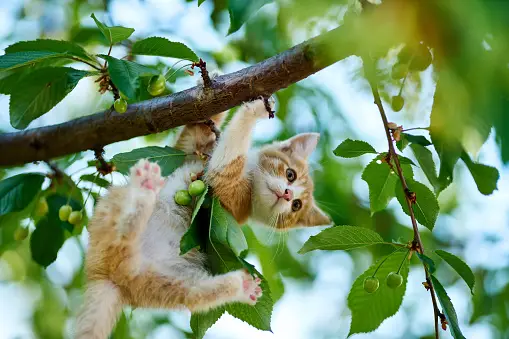
4. Feeding Habits and Dietary Patterns
Proper nutrition is vital for supporting a kitten’s growth and vitality. Understanding their feeding habits helps in establishing a balanced diet tailored to their age and health requirements. Consistent meal times and appropriate portion sizes contribute to their overall well-being.

5. Litter Box Training and Hygiene
Litter box training is a crucial aspect of raising a kitten indoors. Introducing them to a suitable litter substrate and providing positive reinforcement facilitates toilet training. Maintaining good hygiene practices, including regular grooming and litter box cleaning, promotes a clean and comfortable living environment.
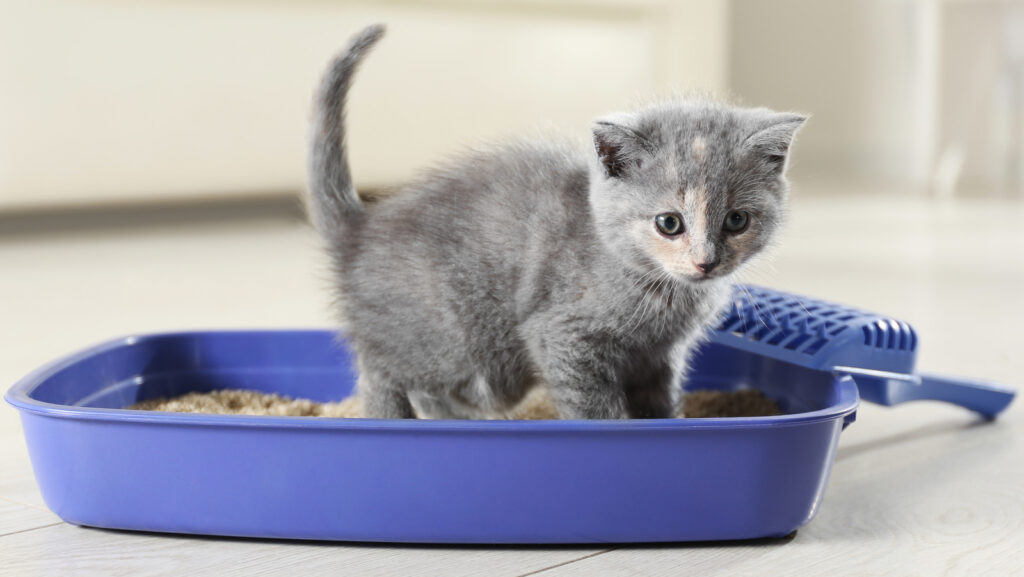
6. Scratching Behavior and Environmental Enrichment
Scratching is a natural behavior for kittens, serving to sharpen their claws and mark their territory. Offering environmental enrichment through scratching posts and interactive toys redirects their focus and prevents damage to furniture. Providing outlets for their innate instincts fosters mental stimulation and prevents boredom.
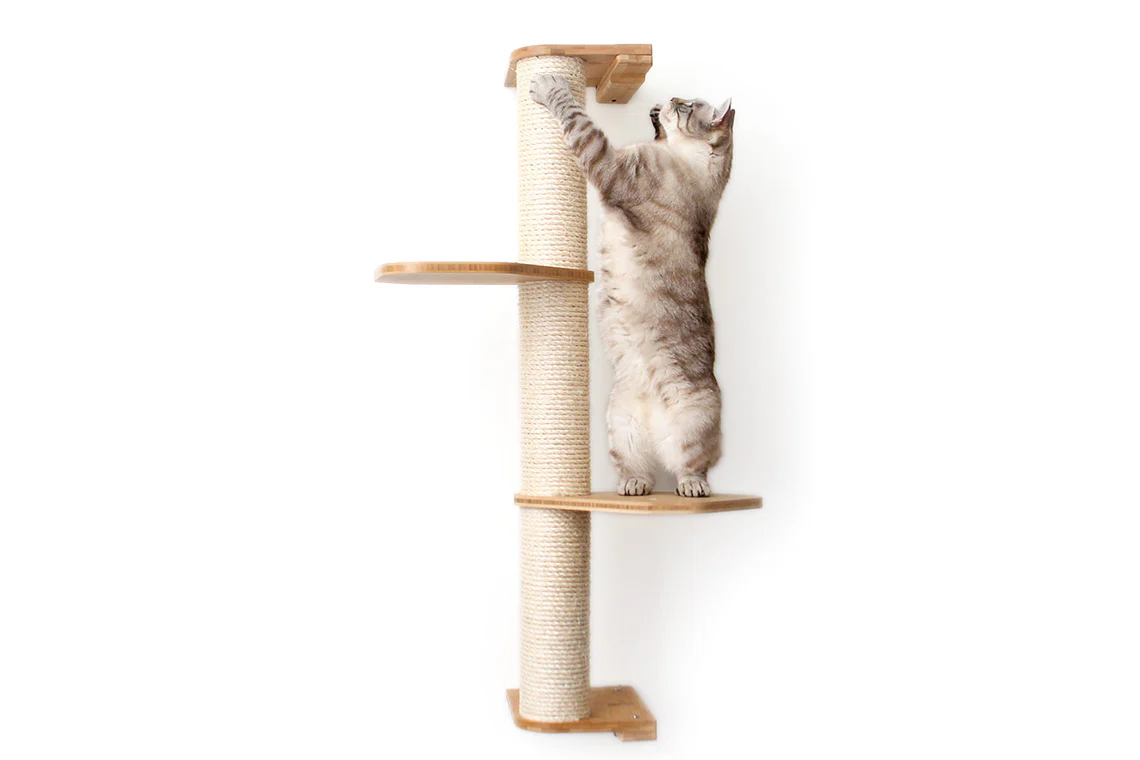
7. Sleep Patterns and Resting Habits
Kittens spend a significant portion of their day sleeping, alternating between short naps and longer periods of rest. Understanding their sleeping patterns helps in creating a quiet and cozy space for relaxation. Providing comfortable bedding and a secure environment promotes restful sleep.
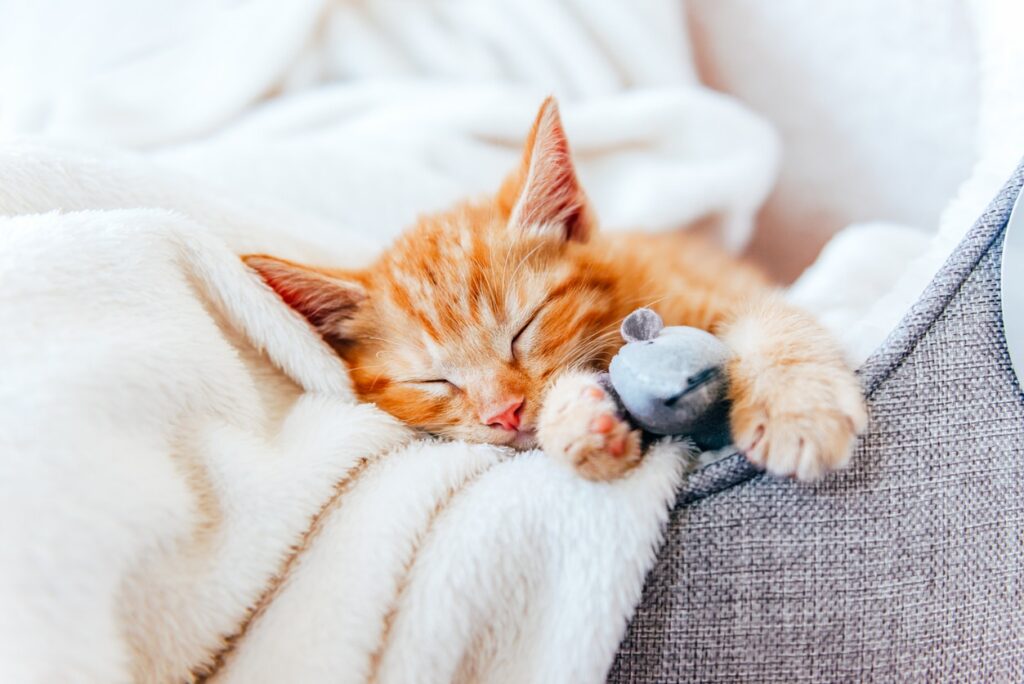
8. Behavioral Training and Positive Reinforcement
Training techniques based on positive reinforcement are effective in shaping desirable behaviors in kittens. Rewarding good behavior encourages repetition, while redirecting unwanted actions prevents reinforcement of undesirable habits. Consistency and patience are key when implementing training techniques.
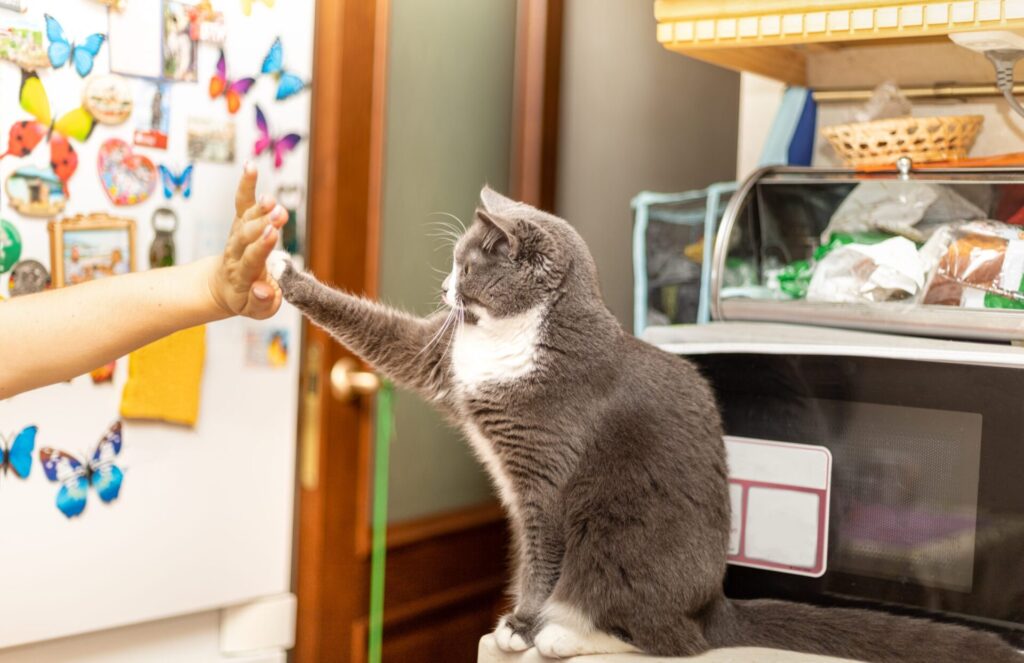
9. Anxiety and Stress Management
Changes in their environment or routine can trigger anxiety in kittens, leading to behavioral issues. Recognizing signs of anxiety and employing stress-relief strategies, such as providing hiding spots and soothing music, helps in promoting a sense of security. Creating a calm and predictable environment alleviates their apprehensions.
10. Health Monitoring and Veterinary Care

Regular health check-ups and vaccinations are essential for ensuring a kitten’s well-being. Monitoring their reproductive behavior and addressing any concerns promptly prevents potential health complications. Consultation with a veterinarian regarding vaccination schedules and preventive care measures is imperative.





















